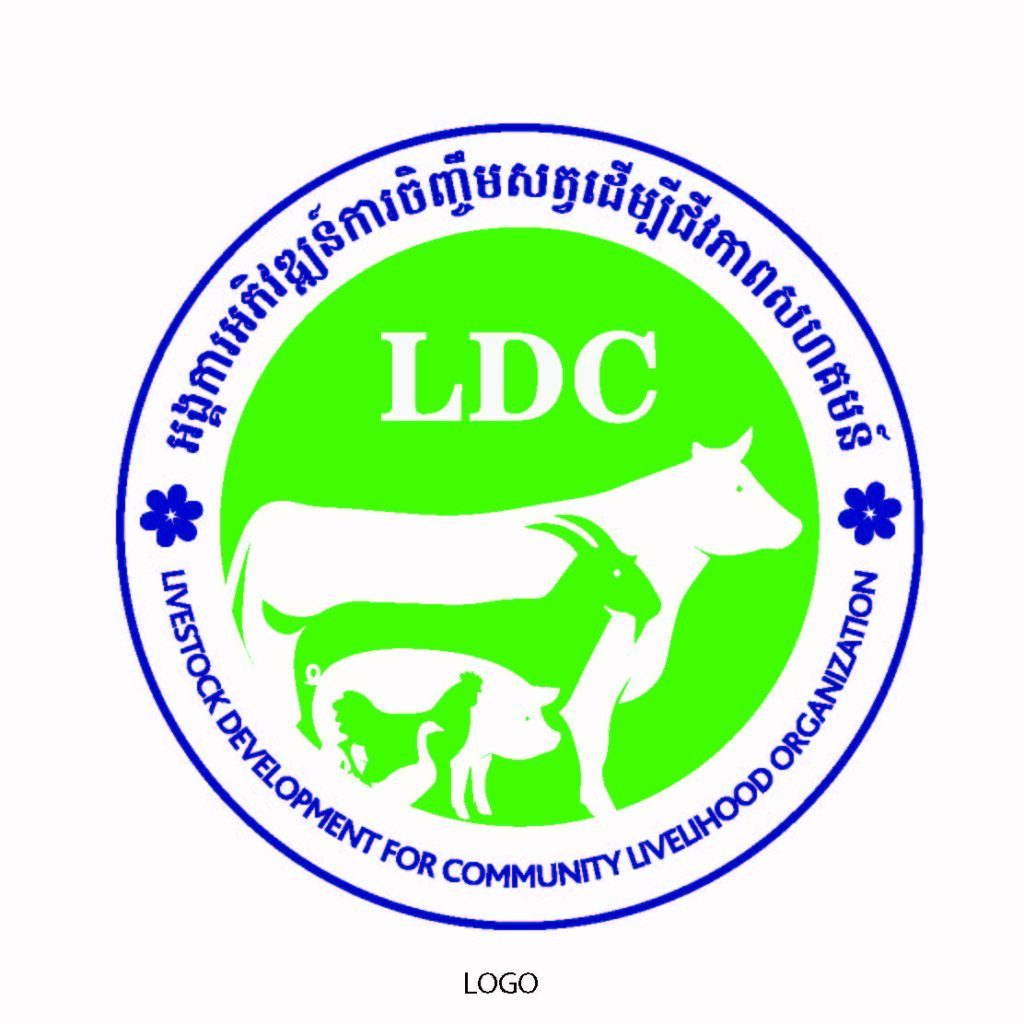- About AVPN
-
-
-
About AVPN
Who We Are
We are a leading ecosystem builder that is increasing the flow of financial, human, and intellectual capital from Asia and around the world into the social sector in Asia. We provide a network of peers, rigorous learning programmes, and innovative capital mobilization opportunities that make sure resources are more effectively deployed.
-
-
-
- Members
-
-
-
Membership Benefits
Unrestricted access to AVPN research reports and case studies
Access market-specific snapshots and opportunities
Increased visibility for events, programs and insights via AVPN website, blog, newsletters and social media channels
Leverage the AVPN platform to bring under-represented social issues top of mind for more than 600 social investors
-
-
-
- Resources
-
-
-
Resources
Highlights of the week
Trust-Based Philanthropy
In the face of increasingly complex and, sometimes rapidly, changing needs on the ground, it is crucial to take a step back and reconsider the status quo.
APAC Sustainability Seed Fund 2.0
By leveraging the success of the first round of the APAC Sustainability Seed Fund, AVPN continues to mobilise continuum of capital into supporting climate solutions in the region.
Faith and Giving
Faith, and the values, belief systems, moral codes, and religious doctrines, that underlie it, shape much of philanthropy across the world. From addressing needs in underserved communities to investing in sustainable energy solutions, faith-aligned givers are demonstrating that compassion can be a catalyst for a more just and equitable world. However, the fundamental drivers of faith-aligned giving often remain unexamined.
-
-
-
- Markets
-
-
-
Markets
We are a leading ecosystem builder that is increasing the flow of financial, human, and intellectual capital from Asia and around the world into the social sector in Asia. We provide a network of peers, rigorous learning programmes, and innovative capital mobilization opportunities that make sure resources are more effectively deployed.
Explore Markets
-
-
-
- Impact Communities
-
-
-
Impact Communities
-
-
-
- Capital Mobilisation
-
-
-
Capital Mobilisation
Featured Deals
Socio-Economic Empowerment of Women
Climate Action and Environment, Education, Financial Inclusion, Gender, Livelihood and Poverty Alleviation
Solve Education: Education through Innovative Learning Platform
Education, Employability, Livelihood and Poverty Alleviation
Lotus Petal Sr. Sec School, Gurugram
Education, Employability, Health
IT Training Against Poverty in Cebu
Education, Employability, Livelihood and Poverty Alleviation
IT Vocational Training Against Poverty
Education, Employability, Livelihood and Poverty Alleviation
Gigatonne: Addressing Problems within the Carbon Credits Market
Climate Action and Environment, Financial Inclusion, Gender, Livelihood and Poverty Alleviation
-
-
-
- Events
-
-
-
Events
Upcoming Signature EventsAVPN Global Conference 2024
23 April 2024
-
25 April 2024
Signature Event
Upcoming Events
Restoring Equilibrium: SVCA 2024 Annual Conference – Seeking Balance in A Turbulent World
16 May 2024
-
-
-
Cricket Farming & Chaya Gardening solution for Climate Change Adaptation and Resilience
Livestock Development for Community Livelihood Organization (LDC) is providing solutions to the current climate change through the Cricket Farming & Chaya Gardening Project to help reduce vulnerability of productive lands due to floods and droughts.
By

Livestock Development for Community Livelihood (LDC)
Click here to learn more about the Impact Organisation
This is member exclusive
content. Click here to unlock
Social causes
Beneficiaries
SDGs covered
Endorsed by
Market of Implementation
- Cambodia
Problem
Cambodia already lost $1.5 billion (10% of GDP) in 2015 from the negative effects of climate change (ADB, 2016). Flooding has a serious impact on agriculture in the cropping and livestock sectors. Analysts predict that, in 2050 climate change would affect 7 million Cambodians employed in the agriculture sector (Talberth & Reytar, 2014).
Majority of Cambodians (82%) are rural smallholder farmers. These farmers, especially women and other vulnerable groups, will struggle to cope with the impacts of climate change (CDRI, 2013). Their agricultural practices mainly depend on rainwater that would be difficult in dry season, especially vegetable gardens. A small piece of land around their back yard is left as a fallow without effective use for more productivity. In addition, the practices of farming and gardening of smallholders in rural areas lack the proper techniques to deal with the current climate change in Cambodia.
It is clear that there is a pressing need to tackle the issue of climate change in Cambodia, and Livestock Development for Community Livelihood Organization (LDC) has the solution for this.
Solution
At LDC, we aim to address the issue of climate change in Cambodia. The Cricket Farming & Chaya Gardening Project is our solution to the specific challenge of Climate Change Adaptation and Resilience (CCar) to reduce livelihood vulnerability of the rural poor.
The project is to provide stallholder farmers job opportunities and constantly cash their income by establishing cricket farming and chaya gardening. Cricket farming is a short production cycle within 40 days, while Chaya can be harvested after 3 months of planting, and can be continued to harvest within every 45 days cycle. Through a simple technology of cricket pen, cricket farming would help in mitigating the impacts of climate change in order to build farmers’ resilience. A cricket pen is designed for use on land and by floating on water in case the target area is flooding. This design allows farmers rear cricket without any damages during the flood. Farmers can grow Chaya along the fence of their house or on any piece of their fallow land. Chaya is tolerant to long periods of drought in dry season and requires less water for surviving.
For more information on our solution, do refer to our Slide Deck.
















